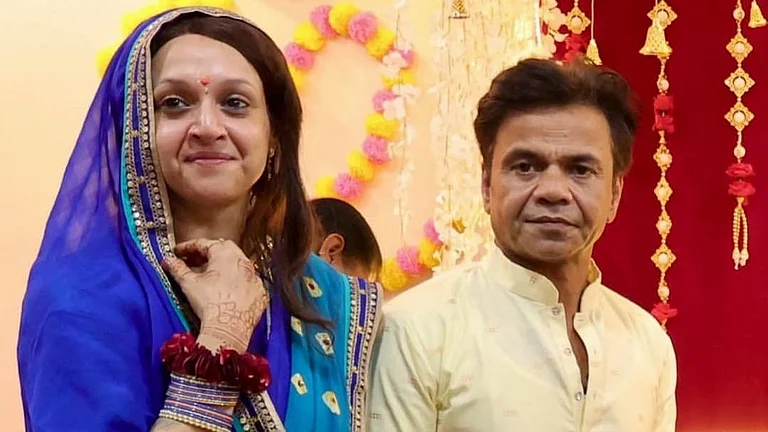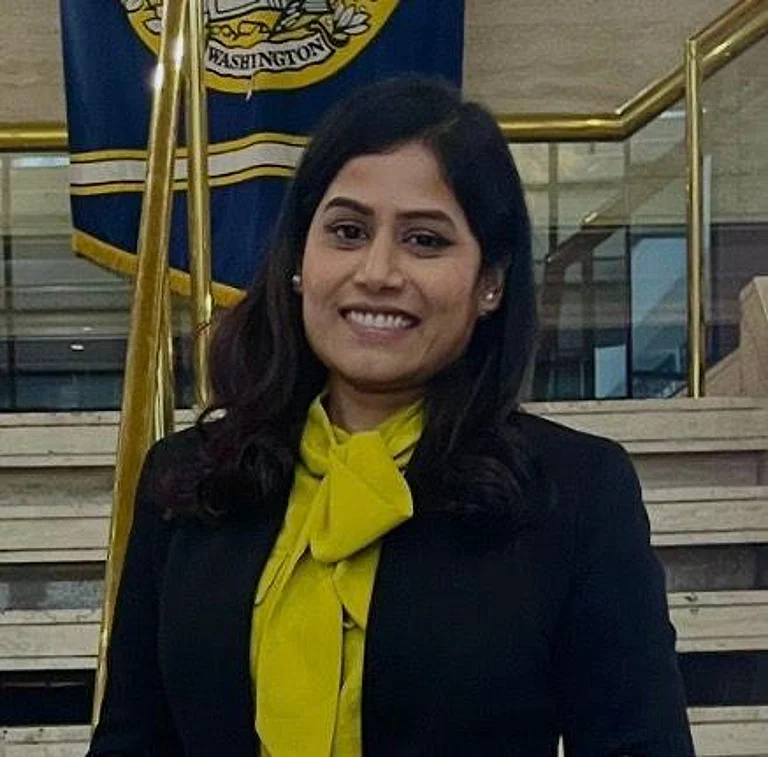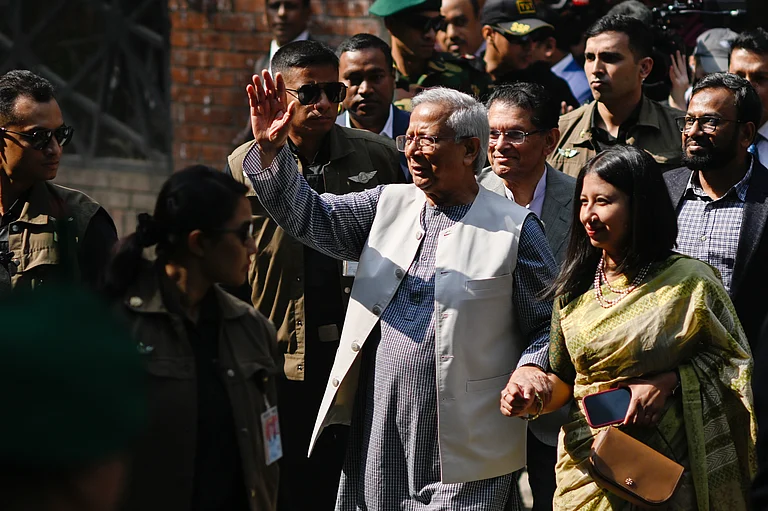The ‘Black Everest’
I experienced the happiest days of my life last month. It was after 13 years that I visited my aunt’s house, our ancestral home, in Bihar’s Bhawalpur district. Of the 18 years of my life in Bhalswa, near a giant garbage dump in Jahangirpuri, Delhi, has been my postal address for all of 13 years. Because of the lack of cleanliness in my residential area, I had forgotten what fresh air means to us. We, the children of Bhalswa, call the garbage mountain Black Everest. Though it’s a source of livelihood for most of the residents here, this mountain is also a cause of most of our problems. It’s because of it that we have to breathe foul air. In summer, the garbage keeps catching fire every now and then. While the smoke makes it almost impossible for us to breathe, the temperature in the area goes up too. The local residents, however, seem to have reconciled to the garbage, its smoke and odour.
Two different worlds
Since I live in a single room with my three siblings and parents, I like open spaces. I find the sight of trees and forests quite soothing. On the contrary, I’ve got an altogether opposite world to live in. Despite hazardous living conditions and toxic air in Bhalswa’s garbage yard, they keep dumping Delhi’s waste as though people here don’t matter at all. Inside the locality, all the drains near our learning institute at Durga Chowk are completely choked. The sewage spills over to the roads. Commuters are always at the risk of getting their clothes soiled due to vehicles splashing dirty water from their wheels.
Rains as nuisance
Dairy farms and gaushalas within the locality add to the problem. The poor handling and disposal of bovine dung, feed residue, cattle urine and wastewater have compounded the pollution problem. Drains clogged by solid waste have become breeding ground for germs. No wonder, flies and mosquitoes rule the roost. Work on an underground drainage project was left halfway when the first Covid-induced lockdown was imposed. The main road here was dug up for the project and even after the pipes were laid, the road was blacktopped, leaving mounds of loose earth. And when it rains, dirty, muddy water seeps into our homes. All the lanes and bylanes in the low-lying areas get filled with sewage, making it very difficult for residents, especially children, old, infirm and patients to commute or even step outside their houses.
Health risk
Not surprisingly, you will hardly see people living a healthy life here. Respiratory problem is the most common health issue among the residents. Even children complain of soreness in their eyes and throats besides cough, headaches and dizziness. Some of them suffer from skin allergies. Despite the perennial pollution problem, most of the households in the area burn biomass to cook meals. The government should provide cooking gas to the residents. Smoke from chulhas has been ruining the health of girls and women as they are the ones who run the kitchens and cook food.
Swachh Bharat
On seeing the Swachh Bharat Mission advertisements, I often think if our locality would ever benefit from it. This campaign has not shown up to help our locality so far. On several occasions, Prime Minister Narendra Modi has hailed young children as true ambassadors of the Clean India Mission, which seems to be close to his heart. Children of my locality also deserve a clean environment. Our locality should have a proper drainage system, cemented lanes and bylanes whereas its dwellers need adequate public toilets and bathing spaces.
Many a time, a thought crosses my mind if our sad plight would ever get the attention of the Prime Minister. If he desires so, the Black Everest, and at least the 50 per cent of our problems that are associated with it, could disappear within no time. It’s going to have a tremendous positive impact on the lives of people living around the Bhalswa landfill.
Even dreaming about it feels like a whiff of fresh air!
(This appeared in the print edition as "Pollution Diary")
Mehjabi Khatoon Is a student at a school for rag-pickers and their children, in Jahangirpuri, Delhi





















